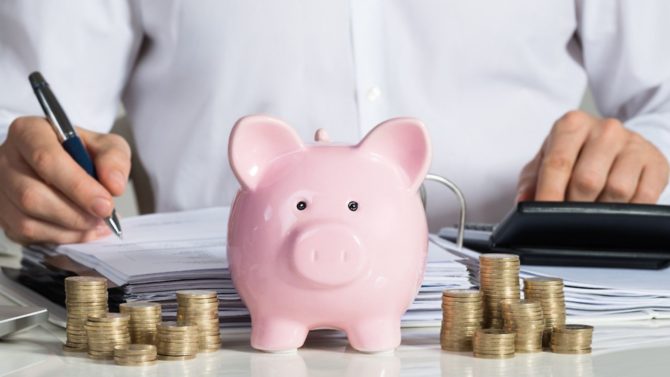Make sure you budget for these French property buying costs

There are several fees and costs that can add a lot to the total cost of buying a French property. Make sure you know what they are and how much they could add up to in advance or you could be in for a nasty surprise…
Rewan Tremethick is a currency analyst at TorFX
Estate agent fees
Estate agent fees are usually between 5 and 10% of the property’s valuation and are liable to TVA (taxe sur la valeur ajoutée), the French name for VAT. There is no consistent law in France regarding who pays the agent immobilier’s fees when buying a property. It can be either the buyer or the seller.
The estate agent works for the seller, entering into a contract called the mandat de vente. This specifies who pays the fees, but it is important to note that this only applies if you agree to it. The contract is between the seller and the agent, so has no legal power over you. If you refuse, you will likely have to negotiate as the seller will want to mitigate the extra costs.
Initially, the idea of having to pay the estate agent’s fees may seem unappealing, but it could be to your advantage. Sellers paying the fees will increase the asking price of their property to compensate for the additional outlay. This raises the notaire’s fees due to be paid by the buyer, as these are calculated as a percentage of the sale value of the property. If you agree to pay the estate agent’s fees, make sure that these are outlined separately in the contract from the cost of the property, to avoid these being taken into account for tax calculations.
___________________________________________________________________________
Related articles
Buying a property in France: the process explained
Common mistakes made by French property buyers that you should avoid
___________________________________________________________________________
Notaire’s fees
Although often referred to as ‘notaire’s costs’, the money you pay to the notaire is actually distributed to several different places. As well as the fees charged by the notaire – which are between 2.5 and 5% excluding additional costs – you will also have to pay them a fee for preparing the deeds to the property, mortgage fees, registration taxes and the necessary VAT on the purchase, among other costs.
In total, 80% of the money paid to the notaire is made up of taxes, which the notaire then pays to the state on behalf of the client; 10% is used to cover expenses, such as drawing up documents and carrying out surveys, with the final 10% remunerating the notarial service itself; known as the émoluments et honoraires.
Fees paid to notaires are held at the Caisse des Dépôts (Deposit and Consignment Office) and are only released once all formalities of the sale have been completed. In total, notaire’s fees can be equivalent to around 40% of the purchase price of a new-build property, or around 25% on a property that is more than five years old.
___________________________________________________________________________
Related articles
Changes to notaire’s fees makes buying a French property cheaper
12 things you should know about buying a French property
___________________________________________________________________________
Exchange rate fees
Will you have to budget for fees for moving your money to France? It depends on which service provider you use. High street banks are likely to charge you a fee to send money abroad. However, reputable currency brokers usually don’t charge a fee – because of their size and sole focus on foreign exchange, brokers can offer highly competitive exchange rates as well, making sure you get the most for your money.
Depending on the type of transfer you make, there may be upfront costs to consider. Many people intending to purchase a foreign property like to use a forward contract to protect them from currency risk. With a forward contract, the exchange rate at the time the contract is arranged is fixed for up to two years. When the time comes to transfer your money, you do so at the exchange rate you secured and not at the current market rate. This can make a difference of thousands of euros if the markets weaken while you are negotiating your purchase. It also helps you to budget, as you’ll always know exactly how much sterling you’ll need to get the required sum of euros. You may have to pay a deposit when you take out a forward contract – it’s a legally binding contract that must be honoured – but this isn’t an extra cost, as it’ll be transferred into euros at the same time as the rest of your money is sent to complete the purchase.
Like this? You might enjoy:
Share to: Facebook Twitter LinkedIn Email


